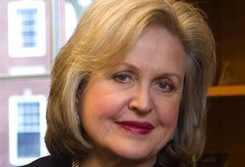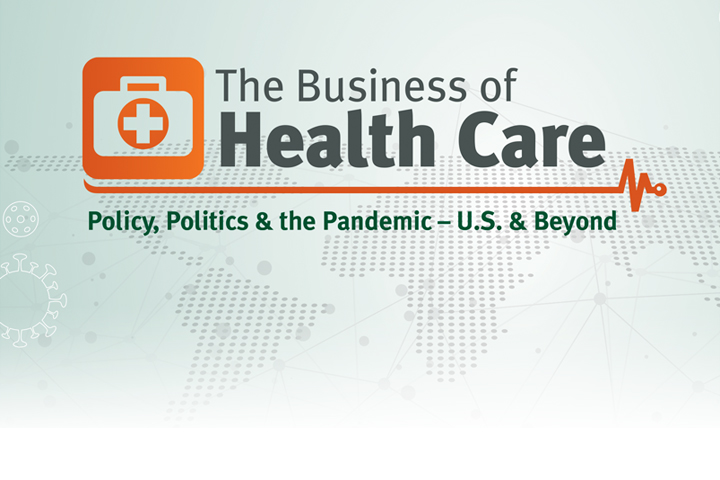Multiple metrics of healthcare efficiency, access, and equity show that nine countries – Australia, Canada, France, Germany, Japan, the Netherlands, Sweden, Switzerland, and the United Kingdom – demonstrate superior efficiency, equity, and health outcomes than the United States. By examining these countries’ successes and challenges, the U.S. can derive great benefits in its quest to create a better performing healthcare system.
Read More






